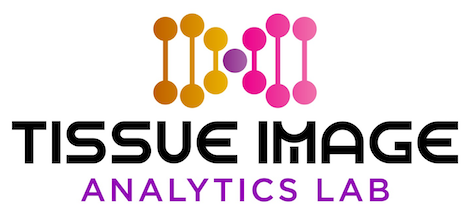Muhammad Moazam Fraz
 |
TitleSenior Research FellowContactRoom: CS 3.02 University of Warwick Gibbet Hill Road, CV4 7AL, Coventry, United Kingdom Email: moazam dot fraz{at}warwick dot ac dot uk |
Research InterestsComputer Vision, Deep Learning, Medical Image Analysis, Computational Pathology, Visual surveillance, Scene/Semantic understanding BiographyDr. Muhammad Moazam Fraz completed his PhD (Computer Science) from the Faculty of Science Engineering and Computing, Kingston University London in 2013. His research area was the application of machine learning / computer vision techniques for diagnostic retinal image analysis. His PhD thesis was nominated for IET excellence awards 2013. After completing his PhD, he has worked as post doc researcher at Kingston University in collaboration with St George’s University of London and UK BioBank on the development of an automated tools to quantify and measure retinal vessels morphology and size. These tools enable the epidemiologists to study the association of systemic and cardiovascular disease with retinal blood vessel characteristics and digital biomarker identification. Prior to his PhD, he worked as a software development engineer at Elixir Technologies Corporation (www.elixir.com), a California-based software company. He served with Elixir from 2003-2010 in various roles and capacities, including software developer, development manager and program manager. He is a PMI (www.pmi.org) certified Project Management Professional (PMP). He is working as Assistant Professor at the School of Electrical Engineering and Computer Science, National University of Sciences and Technology, Islamabad, Pakistan. He is awarded with the Rutherford Visiting Fellowship by The Alan Turing Institute, the UK's national center for Data Science and AI. As a member of Tissue Image Analytics Lab, he is working on deep learning-based histopathological analytics for oral cancer detection, estimation, patient stratification and survival analysis. He is involved in development of novel deep learning methods for analysis of whole-slide images (WSI) of oral cancer tissue slides, particularly for segmentation of tumour-rich regions in these images and quantification of important histological patterns (such as vascular invasion, perineural invasion and pre-malignancy identification). Accurate identification and quantification of histological patterns and tumour areas in the oral cancer WSIs are crucial for determining the cancer grade in an objective manner and for better, systematic stratification of patients for personalised treatment of cancer. Publications |

